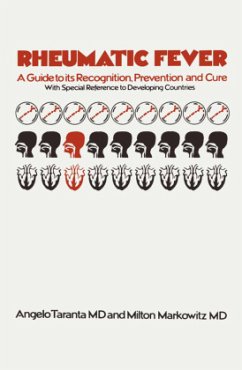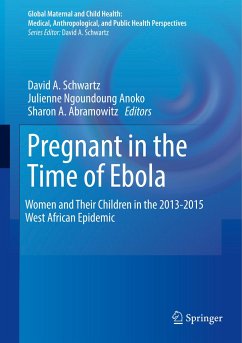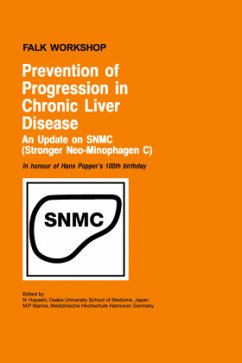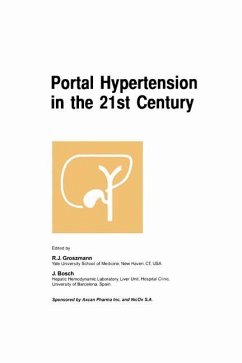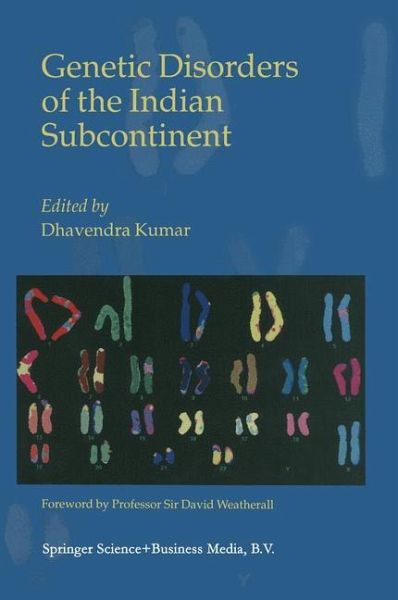
Genetic Disorders of the Indian Subcontinent

PAYBACK Punkte
76 °P sammeln!
The Indian subcontinent is a vast land mass inhabited by over one billion people. Its rich and varied history is reflected by its numerous racial and ethnic groups and its distinct religious, cultural and social characteristics. Like many developing countries in Asia, it is passing through both demographic and epidemiological transitions whereby, at least in some parts, the diseases of severe poverty are being replaced by those of Westemisation; obesity, diabetes, and heart disease, for example. Indeed, as we move into the new millennium India has become a land of opposites; on the one hand th...
The Indian subcontinent is a vast land mass inhabited by over one billion people. Its rich and varied history is reflected by its numerous racial and ethnic groups and its distinct religious, cultural and social characteristics. Like many developing countries in Asia, it is passing through both demographic and epidemiological transitions whereby, at least in some parts, the diseases of severe poverty are being replaced by those of Westemisation; obesity, diabetes, and heart disease, for example. Indeed, as we move into the new millennium India has become a land of opposites; on the one hand there is still extensive poverty yet, on the other hand, some of the most remarkable developments in commerce and technology in Asia are taking place, notably in the fields of information technology and biotechnology. India has always fascinated human geneticists and a considerable amount of work has been done towards tracing the origins of its different ethnic groups. In the current excitement generated by the human genome project and the molecular and genetic approach to the study of human disease, there is little doubt that this field will develop and flourish in India in the future. Although so far there are limited data about genetic diseases in India, enough is known already to suggest that this will be an extremely fruitful area of research.





